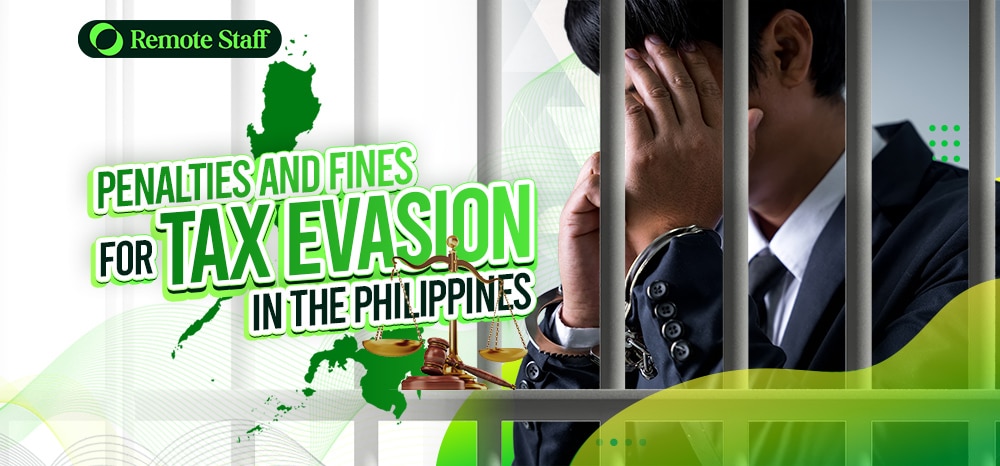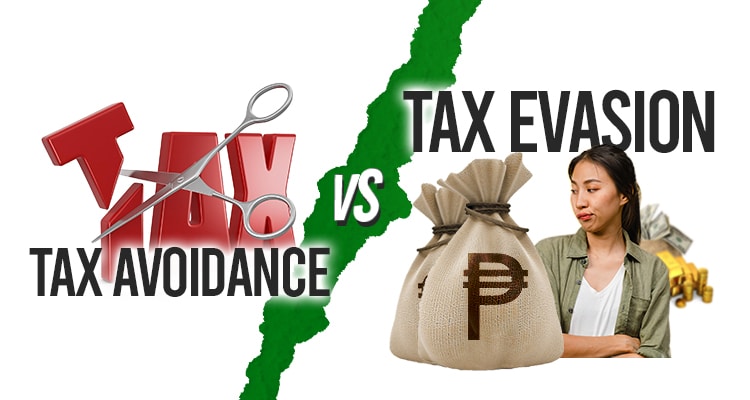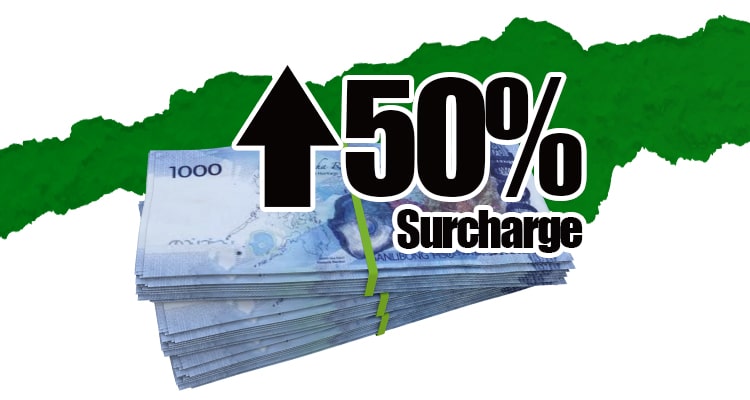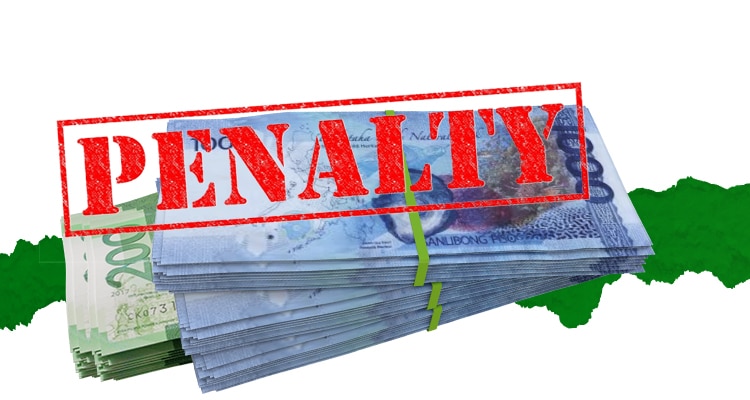Remote working has brought in stable sources of income for Filipinos, even when they work from home.
Salaries from remote jobs can rival the ones earned in CBDs. Plus, the lack of commuting means you can have more time with your family or for your passion projects.
However, when you earn income, you’re also required to pay taxes. Despite what many people think, paying taxes comes with a lot of benefits.
(If you want to register, you can check this guide on how to file your ITR as a remote worker or freelancer in the Philippines.)
One advantage is peace of mind.
Even if you’re not apprehended now, you could be caught later – what with tax authorities cracking down on tax evaders.
So here’s what you need to know about tax evasion in the Philippines.
Tax Avoidance Versus Tax Evasion
First, let’s talk about the difference between tax avoidance and tax evasion.
Tax avoidance is the legal practice where you use multiple lawful means to lower your tax liability. This can include tax deductions, tax credits, and applicable exemptions.
For example, freelancers and remote workers can opt for the flat 8% income tax rate versus the progressive tax rates to get significant tax savings.
On the other hand, tax evasion is deliberately misrepresenting or concealing information to reduce tax liability.
Examples include underreporting your sales, overstating your expenses, or simply not paying your taxes.
Tax avoidance is legal while tax evasion is a crime that comes with hefty fines — or worse, imprisonment.
So what will happen if you don’t pay your taxes? Here are the penalties and fines for tax evasion in the Philippines.
25% or 50% Surcharge
When you don’t pay your taxes, you have to pay a surcharge. It’s a one-time penalty applicable for each non-payment and non-filing of taxes.
25% will be charged to the following:
- Failure to file or pay your taxes on time.
- Filing your taxes with another Revenue District Office (RDO) other than the ones assigned to you.
- Failure to pay the deficiency in taxes within the prescribed time.
- Failure to pay in part or in full of the tax due for any return required to be filed.
An additional 50% will also be applied in the following circumstances:
- Willful neglect to file your taxes.
- False or fraudulent filing of taxes.
12 to 20% Annual Interest on Unpaid Taxes
You are required to pay annual interest on the taxes you haven’t paid.
12% will be levied on the unpaid amount for unpaid taxes after the implementation of RA 10963 (December 2017).
Unpaid taxes before RA 10963 will be levied a 20% annual interest.
Imprisonment and Fines
If proven guilty of tax evasion, fines can range from Php 500,000 to Php 10,000,000. On top of that, you can also be imprisoned for no less than six (6) years but no more than ten (10) years.
Grounds for fines and imprisonment are as follows.
- Issuing receipts and invoices not accredited by the BIR.
- Using multiple sets of invoices and receipts.
- Using invoices without a business name and tax identification information.
Compromise Penalties
Rather than filing criminal charges, the BIR can opt for compromise penalties instead, depending on the nature of the violation.
The amount can range from Php 1,000 to Php 50,000. Here’s a chart of the amount due for compromise penalties.
In summary, non-payment of taxes can lead to hefty penalties in the future. So it’s better to register your remote working practice once you get an online job.
However, if you’re still looking for online jobs, you can sign up with Remote Staff for the best opportunities for Filipinos.
Remote Staff will also assist you in registering with the BIR, ensuring compliance as you establish your remote career.
Register today!






